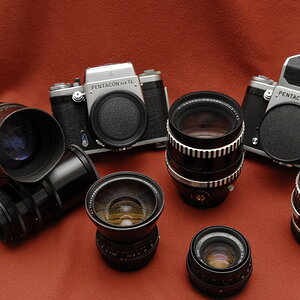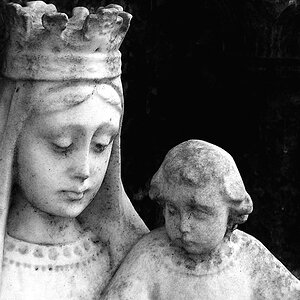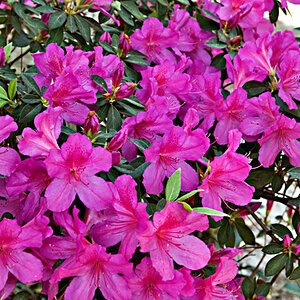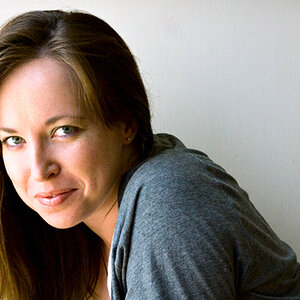JCE
TPF Noob!
- Joined
- Jan 18, 2014
- Messages
- 20
- Reaction score
- 1
- Location
- Houston
- Can others edit my Photos
- Photos NOT OK to edit
Hello, this is my first post but I have read a lot in the forum. I appreciate the contributions of the forum members, and I look forward to contributing myself in the future.
I recently started getting into digital photography, but one question I have is about the need for expensive lenses now that post processing has become so advanced. I have the kit 18-55 lens and the 55-200 that came with my camera, and was wondering if it would be worth the $ to upgrade. Yes, I know I need to learn more about how to use my camera before I spend the money, but I have previous experience and am studying/experimenting a lot, and I pretty much have the basics down in terms of exposure, shutter speed, ISO, etc. I'm going to Honfleur, the Loire Valley, and Paris this summer and I want my pictures to be as good as possible.
Thoughts?
I recently started getting into digital photography, but one question I have is about the need for expensive lenses now that post processing has become so advanced. I have the kit 18-55 lens and the 55-200 that came with my camera, and was wondering if it would be worth the $ to upgrade. Yes, I know I need to learn more about how to use my camera before I spend the money, but I have previous experience and am studying/experimenting a lot, and I pretty much have the basics down in terms of exposure, shutter speed, ISO, etc. I'm going to Honfleur, the Loire Valley, and Paris this summer and I want my pictures to be as good as possible.
Thoughts?


![[No title]](/data/xfmg/thumbnail/42/42486-757c2978c4ecfb0e9dbfca10a0e2d240.jpg?1619740196)
![[No title]](/data/xfmg/thumbnail/38/38266-292dc43125dad0d89dbd806503618171.jpg?1619738549)
![[No title]](/data/xfmg/thumbnail/32/32703-dc864e762c9e91088156fdcab4aeea33.jpg?1619735606)
![[No title]](/data/xfmg/thumbnail/42/42485-78d600ec012514df268a482c4c59bb62.jpg?1619740196)
![[No title]](/data/xfmg/thumbnail/42/42487-e35b2848c41aeeb5a93f21809f036a1d.jpg?1619740196)
![[No title]](/data/xfmg/thumbnail/37/37111-64f64f2c8371420041bf39244ff12117.jpg?1619737882)


![[No title]](/data/xfmg/thumbnail/41/41900-d02b27da6248f10da25edf2413570222.jpg?1619739936)
![[No title]](/data/xfmg/thumbnail/40/40285-2ce5915035c220ccb3485030863b62d0.jpg?1619739408)

